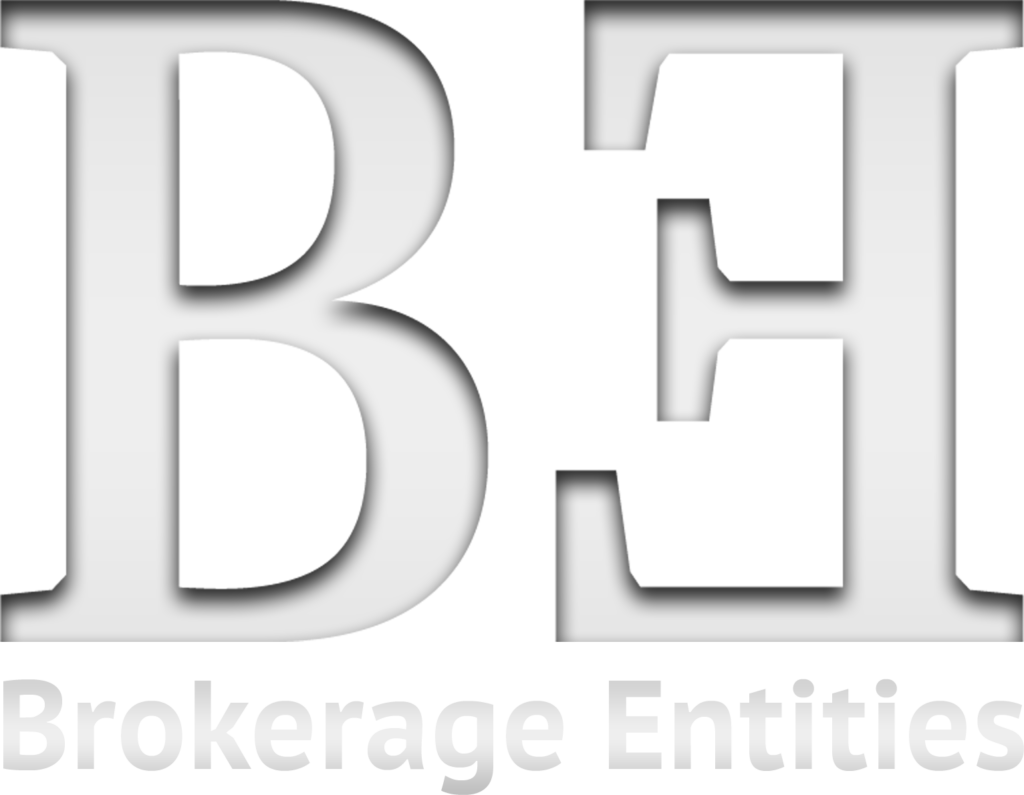Online Investing
Key Messages:
Be aware of the potential risks involved in online investing
Check if the firm is authorized
Be wary of promises of high returns
Be aware of software that automatically generates transactions for you
Take special care when you’re asked to provide your credit card detail
If you do not understand what’s on offer, do not invest
The internet is a two-way street
The internet is a legitimate channel that is increasingly used by firms to market investment products to retail investors. Firms use the internet to offer retail investors instant access to their systems.
It offers quick and easy access to financial markets and products through various types of electronic online trading platforms, smartphones, or other forms of mobile phone trading, for example.
Retail investors are searching for good returns
Using the internet is a quick and direct way to invest your money:
You can gather information quickly and for free;
You could save some money when getting a “no frills” service;
It is less intimidating to deal with the facts that you have gathered yourself, rather than discussing investment options with an experienced adviser.
Investors are always looking to get the best return for their money. High returns are difficult to achieve quickly and easily, particularly at the moment, due to low-interest rates, lingering instability, and low predictability of financial market developments.
When looking for high returns, investors could consider less familiar products and firms on the internet.
However …
Sometimes high pressure and aggressive selling/marketing techniques are used to entice you to invest or use particular websites (for example, by using special offers, free gifts, or demo access to the system offered).
Meeting and signing physically may occasionally be inconvenient, but protects you from rushing into a transaction.
Not all firms operating on the internet have permission to offer investments, they may be authorized, but only to perform other specific activities or they may also be operating illegally selling risky or non-existent products to the unwary.
While many of these firms may appear serious and genuine, they may not be. While visiting a firm’s office and physically interacting with advisers may help to evaluate its seriousness, a homepage is an easily created marketing tool that does not necessarily match reality.
ESMA, and the authorities in the Member States, have observed an increase in investor complaints regarding unauthorized activities by firms on the internet.
Although financial regulations apply to advertising, not all the advertising you see complies with these. For example, there may be no, or little, investor information; and sometimes the information provided is misleading.
Investing safely
What should you be aware of?
If it is not obvious from the firm’s website that it is authorized, then it is most likely not authorized.
If a firm appears to be authorized, double-check its authorization – as many examples of false claims by firms have been discovered. You can find the lists of authorized firms on the websites of national regulators.
Remember that if it sounds too good to be true, it probably is.
Online advertisements or claims can be very persuasive. Be wary of claims that an investment will make incredible gains or has a huge upside. Claims like these often signal high-risk investments or potential fraud.
Be cautious of the use of terms safe, secure, protected, and guaranteed. Every investment entails some level of risk and this is reflected in the rate of return you can expect to receive. If firms use these terms in their advertising, they have to clearly explain what they mean. Consider if your knowledge and experience in the financial markets field are sufficient to fully understand the investment you are considering in terms of risks and returns.
Understand the costs involved. Firms must provide you with appropriate information.
Offers of training or trading with virtual portfolios are actively used by firms offering investment services over the internet and may also encourage you to invest.
When using online platforms you should be careful about using software that automatically generates transactions on your behalf. You could lose control over any transactions carried out in this way.
You should avoid providing your credit card details. Your account may be debited directly without your consent, and it could be very difficult to get your money back.
In most cases when you use the internet to invest on your own (that is, without receiving advice on the product sold or offered to you by the firm), the firm must have steps in place to verify your knowledge and experience, which includes asking questions about:
the types of services and products with which you are familiar.
the nature, volume, and frequency of your previous transactions.
This list is not exhaustive.
The key objective of these steps is to determine your knowledge and experience in the investment field relevant to the specific type of product or service offered or demanded and to verify whether you understand the risks of the product. It allows the firm to judge whether the product is appropriate for you, or not. The firm must warn you if a product is not appropriate for you and you should consider that warning with care.
Before investing, it is important that you read all the marketing material and the contract or legal documents carefully and understand them.
Search the internet for information about the firm you are going to deal with. The experience or findings of other investors, consumer protection organizations, or the press may be available from public sources.
If a firm is not authorized to provide investment services and activities, it is not allowed to provide them. It is also more likely not to comply with investor protection rules.
If you deal with a firm that is not authorized to provide investment services and activities this means you will likely lose your money irrespective of the result of the transaction executed and you will not have access to the national protection schemes available for investors dealing with authorized entities.
Always save or print out all relevant information for your own records. This information could also be useful should you need to make a complaint.
You should make up your mind as to your preferred firm and preferred products after you have obtained and understood all the information which is provided to you. This can consist of information obtained during your discussions with the intermediary and other information from brochures and product documentation. Remember, part of making the right investment decision is finding the investment firm that best meets your personal financial needs.
Be careful of firms who urge you to immediately purchase a product or service from them. If you are still in doubt, it will be useful to continue asking questions. Remember that ultimately it is up to you to decide whether to invest or not. Take your time and do not rush. The decision that you will make today will have an effect on your income in the future.

